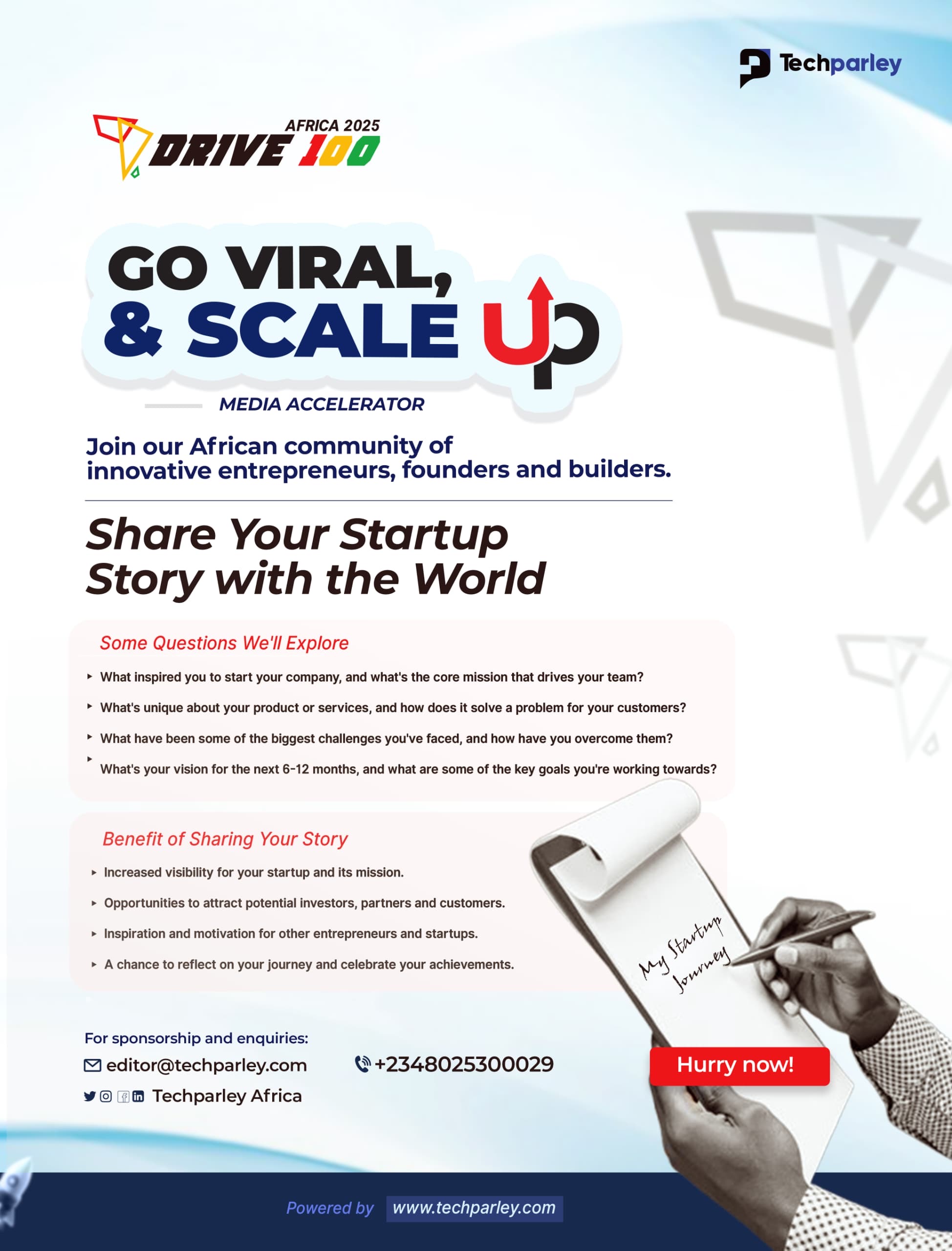Egyptian ed-tech startup Farid is making its first regional move beyond its home market, opening a central operations office in Riyadh and signing a SAR 4.5 million (US $1.2 million), three-year partnership with the Amad Association for Human Capacity Development.
The agreement will see the company train 500 Saudi university graduates as certified coaches and deliver specialized educational programmes to over 4,000 children and adolescents.
“This is a transformational milestone in Farid’s journey,” founder Mahmoud Hussein disclosed to the public, adding that the expansion supports Saudi Arabia’s Vision 2030 drive to build human capital.
The initiative includes more than 48 training programmes and workshops, a comprehensive impact-measurement framework, and up to 25 percent discounts for families, reflecting both organisations’ goal of making premium educational services more accessible.
Farid’s Founding and Funding Journey
Farid was established in 2024 by Egyptian entrepreneur Mahmoud Hussein to address a growing demand for mental-health support and character-building for Arab youth.
In September 2024, Saudi businesswoman Amal bint Abdulaziz Al-Ajlan invested US $250,000 in pre-seed funding, enabling the startup to scale operations in Egypt and prepare for a broader Middle East and North Africa (MENA) rollout.
Hussein says a seed-round fundraising is planned to accelerate its regional expansion. The swift progression, from a single-country pilot to cross-border operations in less than two years, highlights investor confidence in the platform’s model.
What Services Farid Renders
Farid provides one-on-one character-building and mental-health sessions for children aged 3 to 18, helping them develop resilience, empathy, and problem-solving skills.
The company also offers training for youth and recent graduates to become certified coaches in Farid’s proprietary educational and psychological methodology.
Its curriculum integrates evidence-based mental-health practices with Arabic cultural contexts, filling a gap in personalized youth development services across the region.
Partnership Scope and Deliverables
The strategic alliance with the Amad Association will introduce 48 structured training programmes and create a long-term evaluation framework to track social and educational outcomes.
The plan aims to certify 500 Saudi graduates as trainers over three years and directly impact 4,000 Saudi children and teens through workshops on critical thinking, innovation, and entrepreneurship.
Families can access these programmes at a discounted rate of up to 25 percent, broadening participation across socio-economic groups.
Regional Growth Strategy
Farid’s Saudi expansion is the second step in its broader MENA growth strategy, positioning the company in a market where government spending on education and human capital is climbing.
Saudi Arabia’s education sector, projected to exceed US $61 billion by 2030 according to the Ministry of Education, provides a fertile ground for ed-tech innovations.
Hussein emphasized that “Farid 2030,” the firm’s long-term vision, aims to certify 10,000 trainers and empower 10 million children and youth across the Arab world with tailored programmes in personality development and mental wellness.
Why This Matters
Saudi Arabia’s Vision 2030 prioritizes youth empowerment and skills development, with nearly 63 percent of the Kingdom’s population under 30.
Independent studies, such as a 2024 UNICEF report, indicate that early mental-health interventions can improve long-term academic outcomes by up to 25 percent, underscoring the societal impact of initiatives like Farid’s.
Analysts say the collaboration represents a model for public-private partnerships that blend education, mental health, and entrepreneurship to build resilient future workforces.
As Hussein puts it, “Investing in children’s character and well-being today lays the foundation for the region’s economic and social stability tomorrow.”
Talking Point
Farid’s Saudi expansion is a promising step for youth development, but its success will depend on more than impressive numbers and inspiring rhetoric.
While the plan to train 500 graduates and reach 4,000 children aligns neatly with Saudi Arabia’s Vision 2030 and the Kingdom’s US $61 billion education market projection, the real test lies in measurable, long-term impact on mental health and character formation, areas where outcomes can be difficult to quantify and sustain.
The inclusion of an evaluation framework is encouraging, yet it remains to be seen how transparent and rigorous that assessment will be, especially given that many ed-tech initiatives falter when scaling beyond pilot programs. Farid must also navigate cultural expectations and ensure its psychological methodology respects Saudi social norms without diluting evidence-based practices.
If the company can maintain high-quality training and demonstrate verifiable improvements in participants’ well-being and critical thinking skills, it could serve as a model for MENA-wide public-private partnerships; if not, the effort risks becoming another ambitious but short-lived development project.






